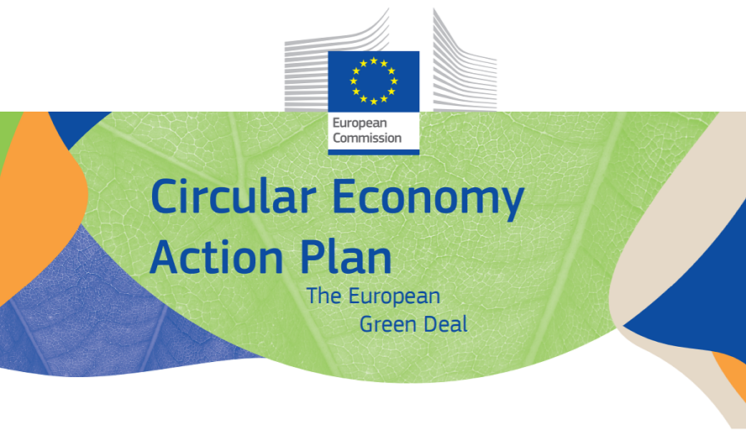
Circular economy: EU’s latest action plan. We are at a time of great uncertainty across the world. The outbreak of COVID-19 is jeopardizing health systems in many countries, viewing Europe as the epicenters of this crisis. The European Commission has continued to make progress on its Green Pact presented at the end of last year. Resource use decouples economic growth and sets out an ambitious roadmap for a climate-neutral circular economy.
On this occasion, the novelty can be found in the recent publication of the latest Circular Economy Action Plan, which focuses on design and production such that the resources used are retained in the EU economy for as long as necessary. The Commission would like to see companies and stakeholders engaged in this program. For Free Choice knows that this feature is essential.
The Circular Economy Action Plan presented as part of the EU’s Industrial Strategy consists of measures to:
- Making sustainable products the norm in the EU. The Commission will propose legislation for a sustainable product policy, to ensure that products marketed in the EU last longer, are easier to reuse, repair and recycle, and incorporate as far as possible recycled material instead of primary raw materials. Single-use products shall be restricted, premature obsolescence shall be addressed and the destruction of durable goods which have not been sold shall be prohibited.
- To empower consumers. Consumers will receive reliable information on aspects such as the reparability and durability of products that will help them make more environmentally sustainable decisions. Consumers will be able to benefit from a genuine ‘right to redress’.
Focus on the most resource-intensive sectors with high circularity potential. The Commission will take concrete action on:
- Electronics and ICT: A ‘Circular Electronics Initiative’ will extend product life and improve waste collection and treatment.
- Batteries and vehicles: a new regulatory framework for batteries to increase sustainability and boost the circulatory potential of batteries
- Packaging: new mandatory requirements define what products the EU market allows, including a reduction in the packaging (excessive).
- Plastics: new mandatory requirements on recycled content, with a particular focus on microplastics, in addition to bioplastics and biodegradable plastics.
- Textiles: a new EU strategy on textiles, to strengthen competitiveness and innovation in the sector and boost the EU market for textile re-use.
- Construction and housing: a comprehensive strategy for a sustainable built environment that will promote the principles of circularity in buildings.
- Food: new legislative initiative on re-use to replace packaging, tableware, and cutlery with reusable products in food services.
- Ensure production with less waste. Efforts in reducing waste and in transforming it into high-quality secondary resources integrated into an efficient secondary raw material market. The Commission shall consider establishing a model harmonized at the EU level for separate waste collection and labeling. The Action Plan sets out a series of measures to minimize EU waste exports and address illegal shipments.
Nonetheless, the quarantine period for the entire continent would have to be passed in advance in order to determine more specifically the production potential of this program in the near future. Community authorities have had to allocate emergency budgets in their fight against the coronavirus and its impact on the economy, which have a delaying effect on many of the plans that were being implemented.
Governments and businesses will secure the sustainability of the production model and the protection of individual rights and the environment.
Liberal democracy will guide public policies like the one expressed in this article by stabilizing the climate balance and building on a sustainable development model.
